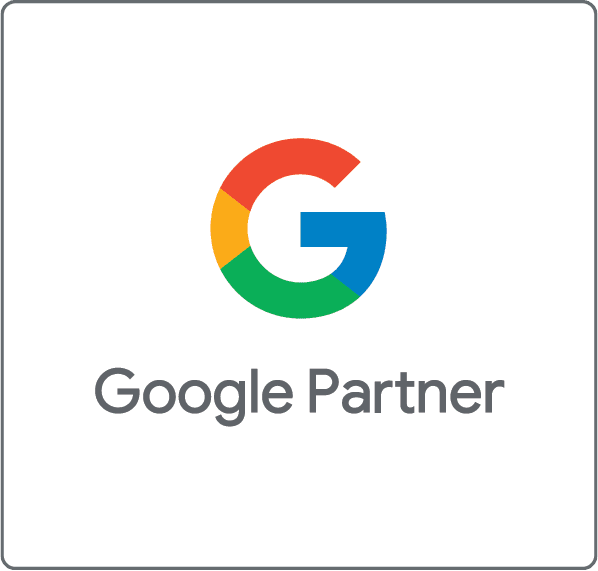Google is trying to make a splash with Gemini, its flagship suite of productive artificial intelligence models, applications and services.
So what exactly is Google Gemini? How can you use it? And to Gemini rivals According to how?
To make it easier for you to keep up with the latest developments on Gemini, we've prepared this handy guide, which we'll update as news about new Gemini models, features, and Google's plans for Gemini is released.
What is Gemini?
Gemini is Google's long-promised next-generation generative AI model family developed by Google's AI research laboratories DeepMind and Google Research. There are four types:
- Gemini Ultra , the most performing Gemini model.
- A lightweight alternative to Ultra GeminiPro .
- Gemini Flash , a faster and “distilled” version of Pro.
- Gemini Nano , two small models designed to work offline on mobile devices — Nano-1 and more talented Nano-2 —
All Gemini models are trained to be naturally multimodal; in other words, to be able to work with and analyze more than just the text. Google says they are pre-trained and fine-tuned on a variety of public, proprietary and licensed audio, images and videos, a large set of code bases and text in different languages.
This distinguishes Gemini from models such as Google's own LaMDA, which are trained only on text data. LaMDA cannot understand or produce anything beyond text (e.g. articles, email drafts), but this is not the case for Gemini models.
We will point out here that the ethics and legality of training models on publicly available data, in some cases without the knowledge or permission of the data owners, is indeed unclear. Google has an AI indemnification policy to protect certain Google Cloud customers if they face lawsuits, but this policy contains exceptions. Be careful, especially if you intend to use Gemini commercially.
Gemini in Gmail, Docs, Chrome, dev tools and more
Gemini apps aren't the only way to get Gemini models to help with tasks. Slowly but surely, Gemini-infused features are making their way into core Google apps and services like Gmail and Google Docs.
To benefit from most of these, you will need the Google One AI Premium Plan. Technically part of Google One, the AI Premium Plan costs $20 and gives access to Gemini in Google Workspace apps like Docs, Slides, Sheets, and Meet. It also enables what Google calls Gemini Advanced, which brings Gemini Ultra to Gemini apps and provides support for analyzing and answering questions about uploaded files.

Gemini Advanced users also get extras here and there, like trip planning in Google Search, which creates custom travel itineraries from prompts. By taking into account things like flight times (from emails in a user's Gmail inbox), food preferences and information about local attractions (from Google Search and Maps data), and distances between those attractions, Gemini automatically updates to reflect any changes. creates a route.
In Gmail, Gemini is located in a side panel that can compose emails and summarize conversations. You'll find the same panel in Docs; Here it helps you write and develop your content and generate new ideas. Gemini in Slides creates slides and custom images. And Gemini in Google Sheets tracks and organizes data, creating tables and formulas.
Gemini's reach also extends to Drive, where it can summarize files and give quick insights into a project. Meanwhile, in Meet, Gemini translates subtitles into additional languages.
Code Assist (formerly Duet AI for Developers), Google's suite of AI-powered assistance tools for code completion and generation, offloads the heavy computational load to Gemini. So are Google's security products, such as Gemini's Threat Intelligence, powered by Gemini, which can analyze large amounts of potentially malicious code and allow users to conduct natural language searches for indicators of ongoing threats or compromise.
Is Gemini better than OpenAI's GPT-4?
Google has touted Gemini's superiority in benchmarks several times, claiming that Gemini Ultra exceeds current state-of-the-art results in "30 of 32 common academic benchmarks used in large language model research and development." But leaving aside the question of whether the benchmarks actually indicate a better model, Google's scores appear to be only slightly better than OpenAI's GPT-4 models.
OpenAI's latest flagship model, GPT-4o, is well ahead of the 1.5 Pro in text evaluation, visual understanding and voice translation performance. Anthropic's Claude 3.5 Sonnet beats them both — but given the breakneck pace of the AI industry, perhaps it won't be for long.




